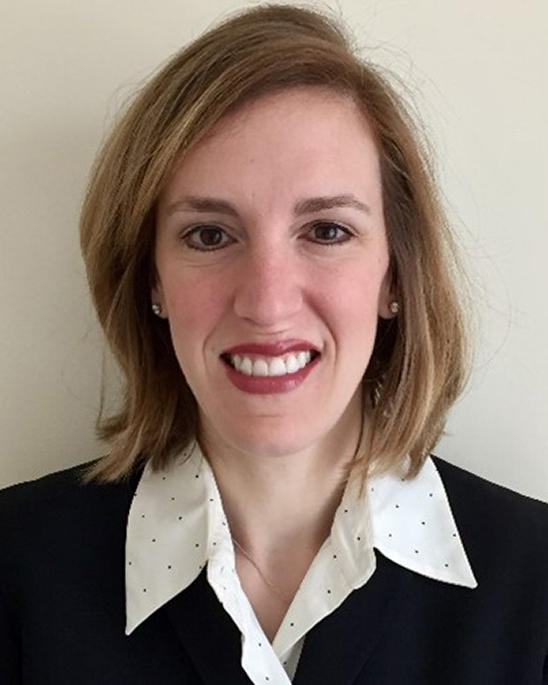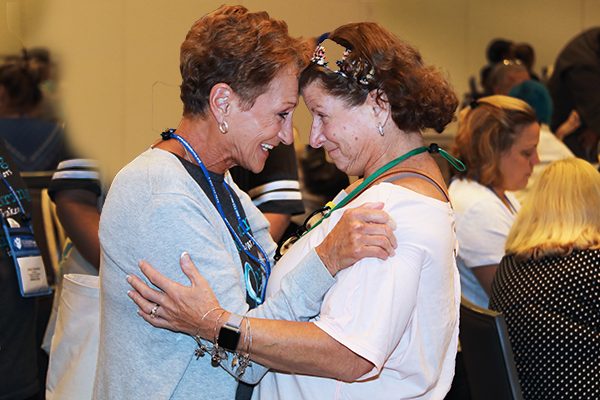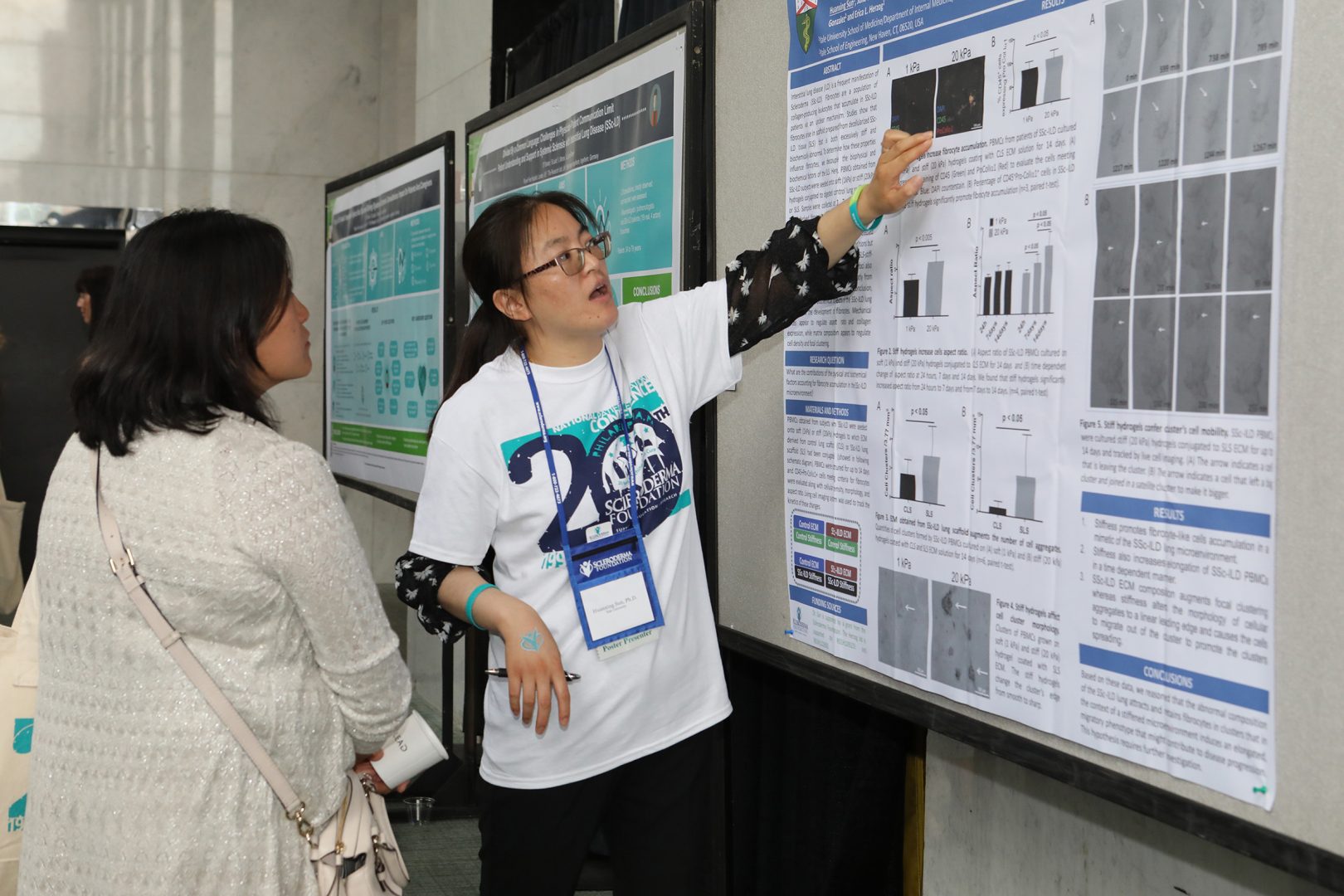
“I feel fortunate to have received support from the National Scleroderma Foundation. It is a wonderful, kind, encouraging, and collaborative community. I am grateful for the Foundation as they helped springboard not only my research but also my career.”
Sydney Montesi, M.D., Clinician-Researcher, Division of Pulmonary and Critical Care, Massachusetts General Hospital
“I feel fortunate to have received support from the National Scleroderma Foundation. It is a wonderful, kind, encouraging, and collaborative community. I am grateful for the Foundation as they helped springboard not only my research but also my career.” Dr. Sydney Montesi’s relationship with the National Scleroderma Foundation began in 2018, when she was awarded with a New Investigator Research Grant.
Fueled by frustrations of limited technology, Dr. Montesi’s research focused on developing new ways to advance lung imaging and decrease the uncertainty of lung disease activity in people with interstitial lung disease in the setting of scleroderma.
“When taking care of patients, it is difficult to determine how active anyone’s lung disease is at any one point and to determine when treatment needs to be started. Developing and applying ways to image the lung will give us more information about disease activity, which is crucial.”
Through her work using magnetic resonance imaging of the lung to look at changes in blood vessels, Dr. Montesi continues her research to better understand SSc-ILD and to help clinicians make stronger predictions about disease progression. She credits the National Scleroderma Foundation for launching her career.
“The support from National Scleroderma Foundation is crucial as it allowed me to meet with leading scleroderma researchers and rheumatologists and to conduct initial studies which helped me apply for larger scale funding from NIH as well. Through resources provided by the Foundation, I have received crucial feedback on my project and have also attended scleroderma research conferences that opened the door for collaboration not only in the U.S. but also internationally, both within my field of pulmonology and in the field of rheumatology as well. As an early career investigator, having support such as this outside of my place of employment and within the greater scleroderma community is imperative.”


